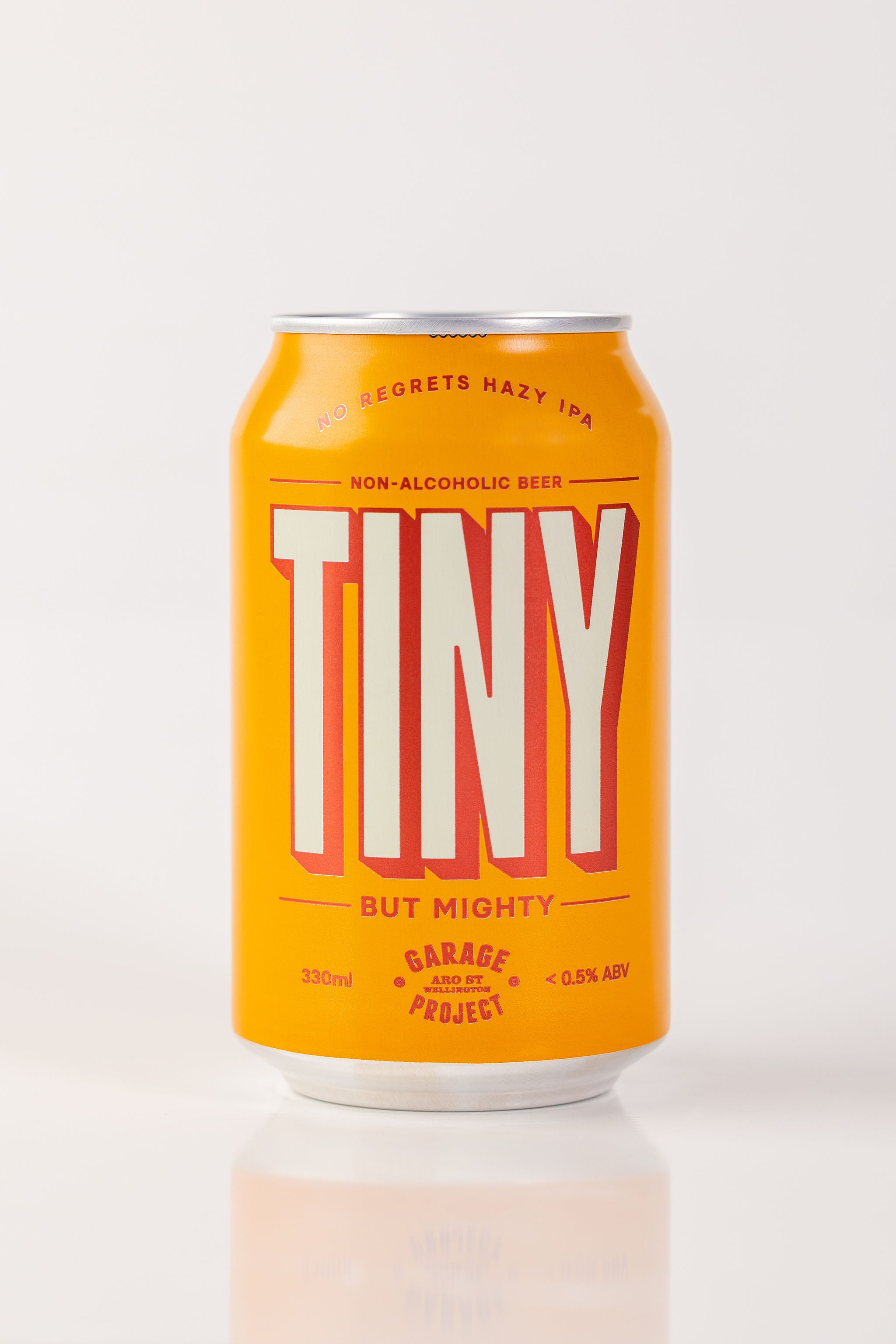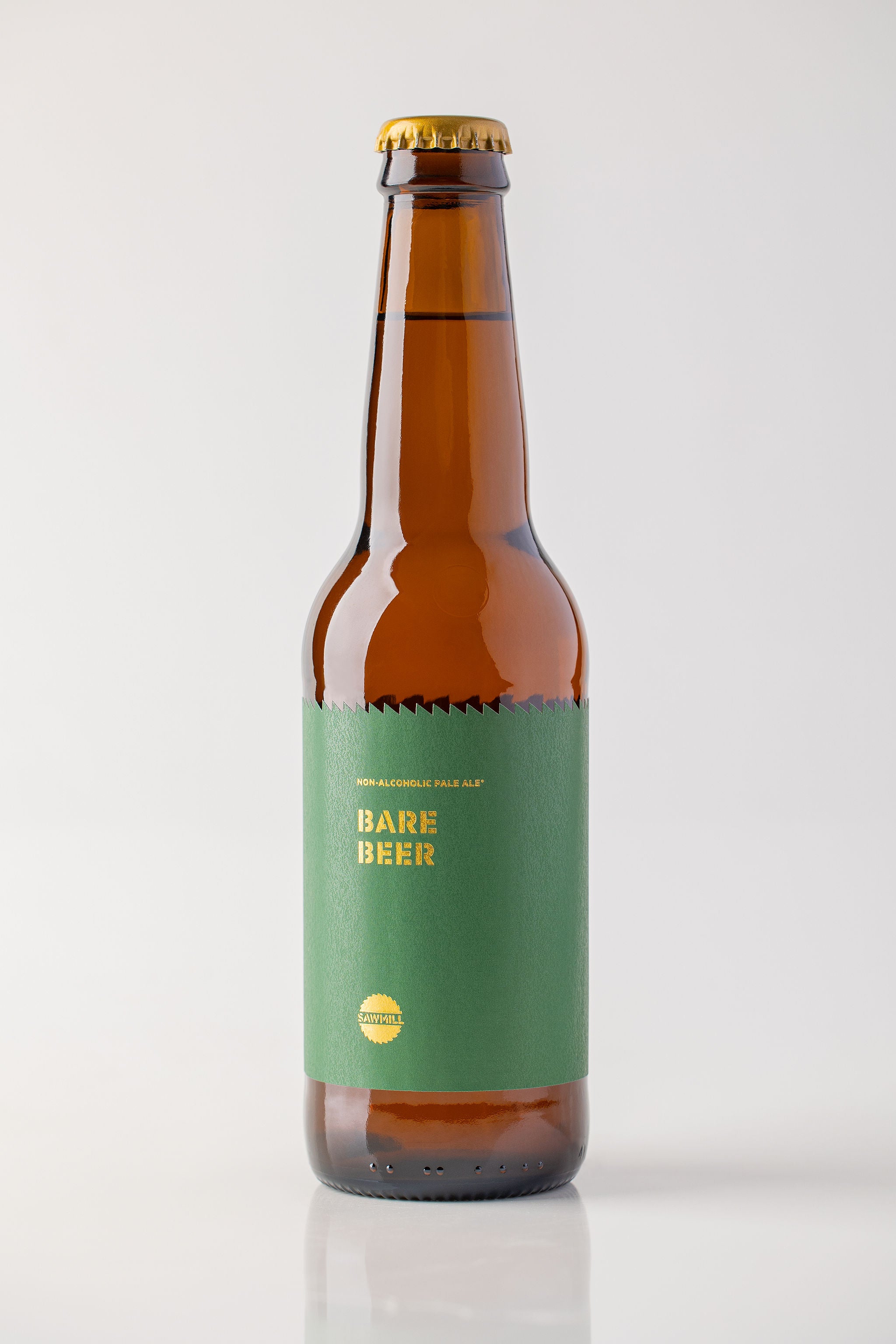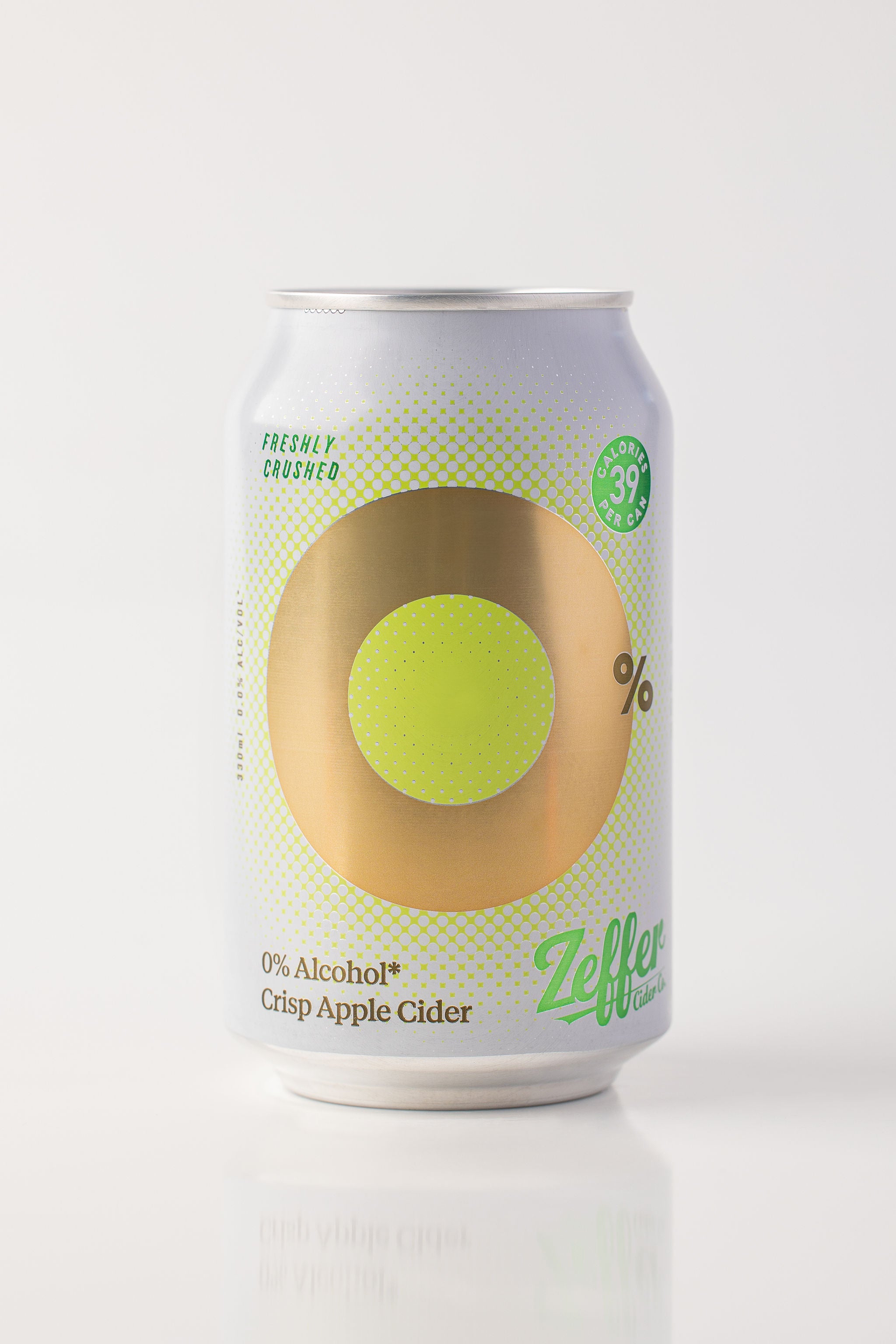
The beer landscape has never been more diverse, and among the colourful array of options, Hazy IPAs have captured the imagination of craft beer aficionados and casual drinkers alike. But what exactly gives these beers their signature cloudy appearance? We sat down with a beer professional to unravel the enigma that is the Hazy IPA.
The Basics: What is a Hazy IPA?
Before we dive into the nitty-gritty, let's get the basics out of the way. A Hazy IPA is a subset of the India Pale Ale category, characterised by its cloudy or 'hazy' appearance. This style, also known as the New England IPA, typically offers juicy, fruit-forward flavours and aromas, in contrast to the hop bitterness often found in traditional IPAs.
The Ingredients Behind the Haze
Specialised Grains
According to our beer pro, one of the primary factors contributing to the haze is the use of specialised grains like oats, wheat, and sometimes rye. These grains contain proteins and starches that interact with hop oils and polyphenols, creating a natural haze when the beer is chilled.
The Role of Yeast
The choice of yeast strain can also play a crucial role. Some yeast strains used in Hazy IPAs are less flocculent, meaning they do not settle easily to the bottom of the fermentation vessel. This contributes to the beer’s cloudiness.
Brewing Techniques That Make a Difference
Dry Hopping
One popular technique for brewing Hazy IPAs is dry hopping, where hops are added after the initial boiling process. This increases hop aroma and flavour without adding bitterness, and the additional hop oils can contribute to the hazy appearance.
Reduced Filtration
Many brewers also opt for reduced filtration to preserve the haze. Traditional beer styles often go through rigorous filtration to achieve crystal-clear clarity, but in the case of Hazy IPAs, less filtration means more haze.
Why Haze Matters: More Than Just Aesthetics
Flavour and Mouthfeel
Our beer pro explained that the haze contributes to the overall drinking experience of Hazy IPAs. The proteins and starches that cause the haze also contribute to a softer, fuller mouthfeel, making the beer more enjoyable to drink.
Freshness Indicator
The haze can act as a sort of freshness indicator. Because the components that contribute to haze can settle over time, a Hazy IPA that remains hazy is likely to be fresh, full of the fruity hop aromas and flavours that fans of the style love.
Round Up
So, what makes Hazy IPAs hazy? It's a combination of specialised grains, yeast choice, brewing techniques like dry hopping, and reduced filtration. The haze is more than just a visual element; it plays a crucial role in the beer’s flavour, mouthfeel, and even its freshness. The next time you enjoy a glass of Hazy IPA, you’ll appreciate the intricate dance of ingredients and techniques that give it its iconic cloudiness.












